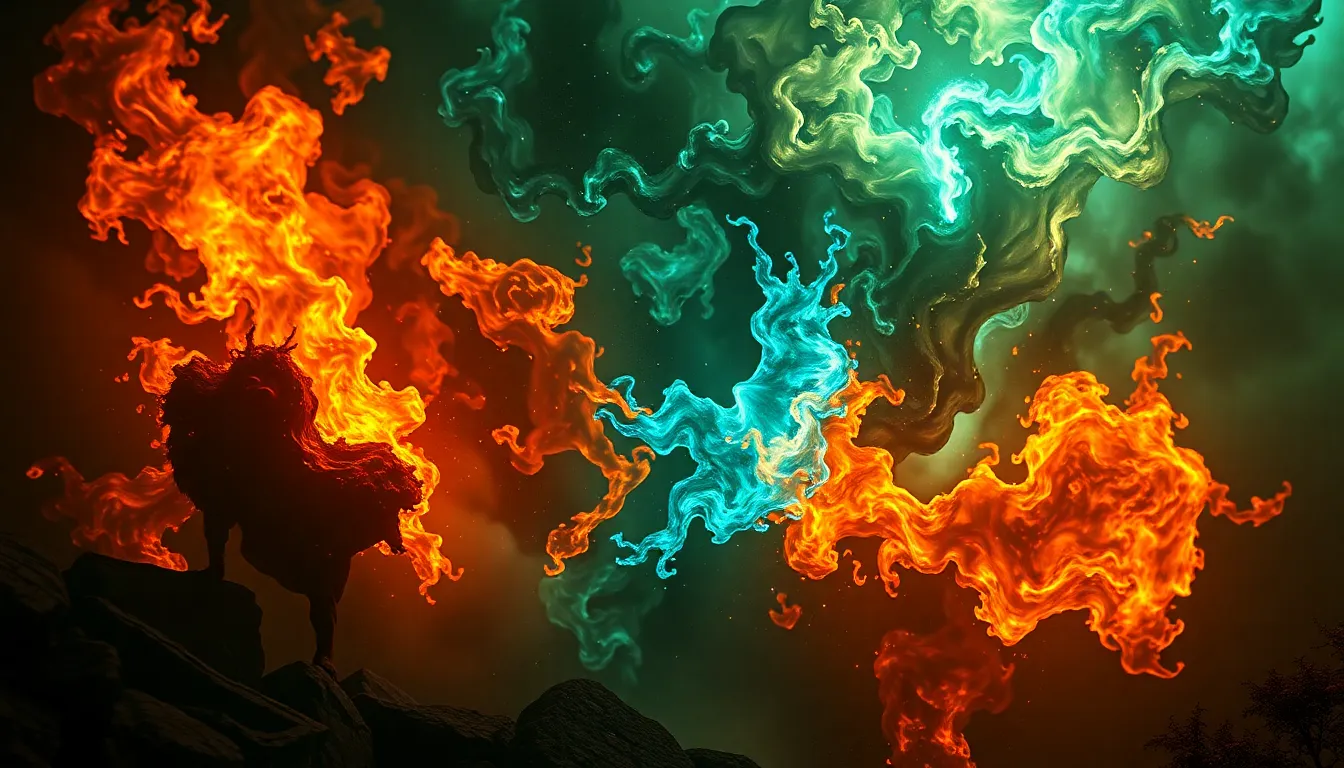The Role of Dwarves in Norse Mythology
In Norse mythology, dwarves play a significant role that often goes beyond their physical stature. These mythical beings are known for their craftsmanship, wisdom, and sometimes mischievous nature. Let’s delve into the realm of Norse mythology to explore the fascinating role of dwarves.
Who are the Dwarves in Norse Mythology?
In Norse mythology, dwarves are supernatural beings that dwell in the subterranean realms such as Svartalfheim, which translates to “home of the black elves.” Unlike the stereotypical image of dwarves in modern media, Norse dwarves were not portrayed as cute or comical figures but rather as skilled artisans and craftsmen.
What are the Characteristics of Norse Dwarves?
Norse dwarves were renowned for their exceptional craftsmanship, especially in metallurgy. They were responsible for creating many of the most powerful and magical items in Norse mythology, such as Thor’s hammer Mjölnir, Odin’s spear Gungnir, and the golden ring Draupnir. Dwarves were also depicted as possessors of great wisdom and knowledge.
How do Dwarves Interact with the Gods and other Beings?
Despite their underground existence, Norse dwarves frequently interacted with gods, giants, and other mythical beings. Dwarves were often called upon to craft gifts for the deities, forging items of immense power and significance. In some myths, dwarves were portrayed as cunning tricksters who used their wits to outsmart their counterparts.
What is the Importance of Dwarves in Norse Mythology?
The role of dwarves in Norse mythology cannot be overlooked, as they were instrumental in shaping the fate of gods and mortals alike. Their legendary craftsmanship and ingenuity added depth to the narratives and imbued the myths with objects of immense power and symbolism. Dwarves represented the merging of the natural and magical worlds, bridging the gap between the earth and the divine.
In conclusion, the dwarves in Norse mythology stand as multifaceted beings with a rich cultural significance. Their impact on the lore not only highlights their abilities as artisans but also underscores their complex relationships with other mythological entities. Exploring the role of dwarves in Norse mythology unveils a world where craftsmanship, knowledge, and cunning intertwine to shape the tapestry of ancient belief and storytelling.
FAQs About the Role of Dwarves in Norse Mythology
What are Dwarves in Norse Mythology?
Dwarves in Norse mythology are skilled craftsmen who dwell in the underground realm of Svartalfheim. They are known for their craftsmanship, creating powerful weapons, jewelry, and magical items for the gods and heroes.
What Role do Dwarves Play in Norse Mythology?
Dwarves play a significant role in Norse mythology as creators of iconic items such as Thor’s hammer Mjölnir, Odin’s spear Gungnir, and the golden hair of Sif. They are pivotal in shaping the worlds and supporting the gods in their quests and battles.
Are Dwarves Considered Good or Evil in Norse Mythology?
Dwarves are depicted as complex beings in Norse mythology, not strictly good or evil. While some dwarves are portrayed as helpful and loyal, others can be deceitful or greedy. They often interact with gods and heroes in both positive and challenging ways.
Do Dwarves Have Any Unique Abilities or Traits in Norse Mythology?
Dwarves are renowned for their exceptional craftsmanship and magical skills. They are also portrayed as resilient and often possess deep knowledge of the natural world and the complex workings of the universe. These traits make them indispensable to the fabric of Norse mythology.



